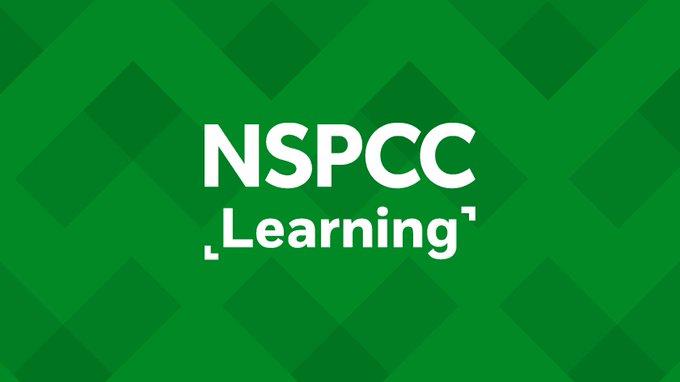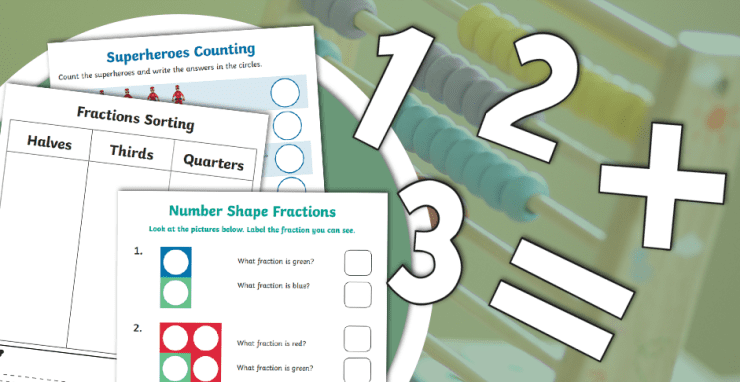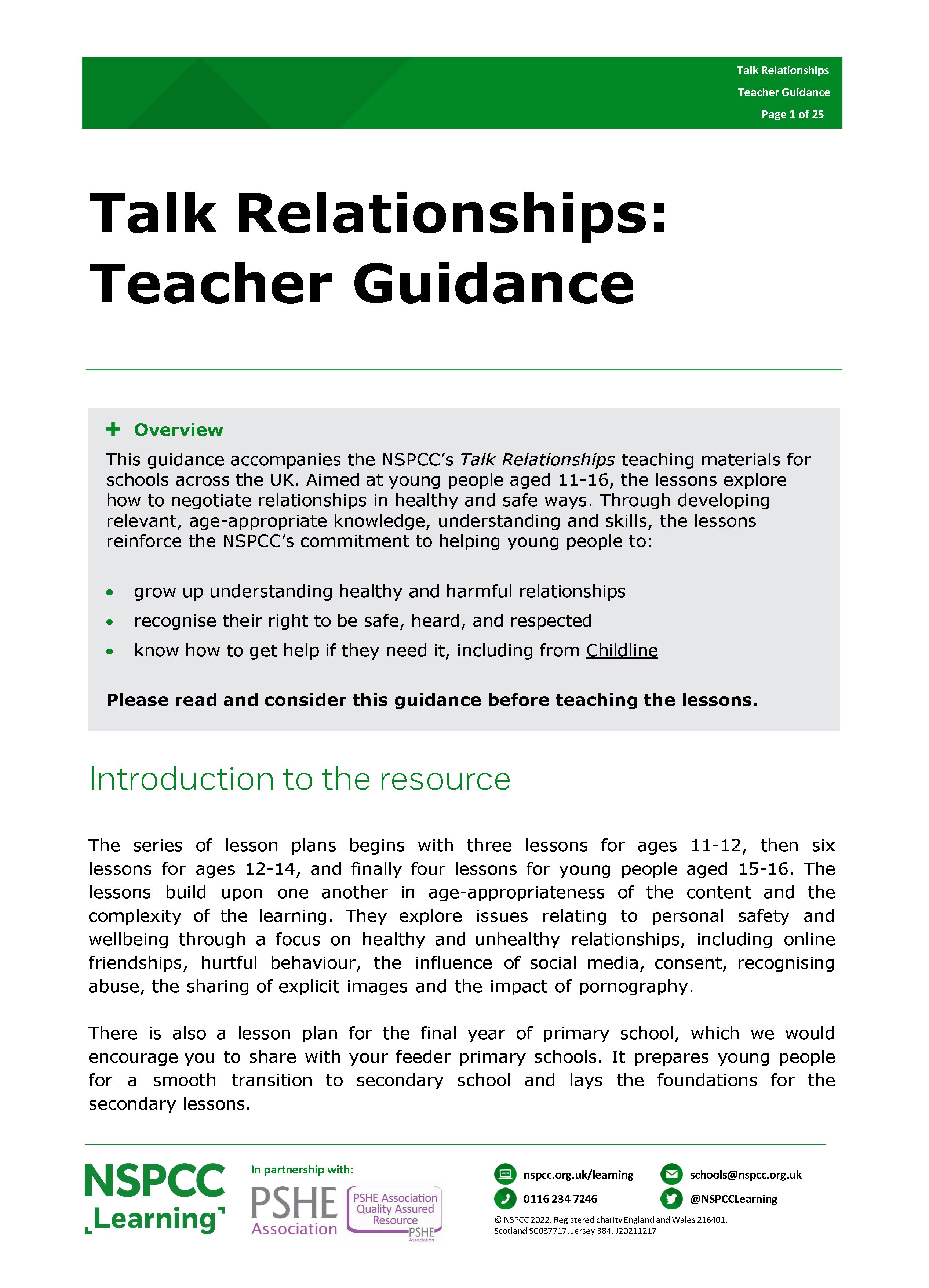6+ Making Sense Of Relationships Nspcc
Web The NSPCC in partnership with the PSHE Association have produced resources to support schools in teaching about relationships and sex. Gender stereotyping sexual bullying and sharing sexual images.

Pdf Bullying I I I A Practical Guide To Coping For Schools Third Edition Marce Salgado Ramirez Academia Edu
Web The NSPCC and PSHE Association have created a free set of lesson plans for key stages 2-4 on personal safety and healthy relationships.

. Web Please enter your keyword About us. Web Ask pupils to look at the six possible features of a relationship below. Forming healthy positive relationships helps children and young people feel safe and supported as they grow up.
Web Why is it important to teach children and young people about healthy relationships. Working in pairs or small groups ask pupils to give an example of how each of these features of a. The NSPCCs mission is to end cruelty to children - FULL STOP.
Web Agenda a young peoples guide to making positive relationships matter. Web Web Making Sense of Relationships NSPCC. Web This guidance has been written to accompany the NSPCCs Making Sense of Relationships programme which is offered free to schools to ensure young people aged.
Web Whilst we work on updating our old lesson plans explore our collection of resources on healthy relationships and training on responding to peer-on-peer abuse in schools. Web The NSPCC worked with the PSHE Association. Web Children form bonds with others at all stages of their development.
Return their work to them from lesson 1s baseline assessment and using a different coloured pen instruct pupils to now add any ideas they have developed. Relationships play a key part in every child or young persons wellbeing. Web cruelty to children since 1884.
Web Making Sense of Relationships NSPCC November 18 2019 Education Primary age Secondary age Teenage relationship abuse Youth offending Youth work. Web This could be reduced to a diamond 6 activity using the first 6 statements so pupils can focus their attention on core features of a sexual relationship. The age-appropriate lessons cover.
PsychiatryBehavioral Science 6 Critique This question tests the examinees ability to identify characteristic signs and symptoms of behavior disorders. Web We worked with the PSHE Association to create lesson plans for children aged 10-16 key stages 2-4 on personal safety and healthy relationships. For pupils who need a.
The organisation believes this can be achieved but only with the support and.

Nspcc Midlands Group Home Facebook

It S Not Ok Online Teaching Resources Nspcc Learning

Nspcc Child Protection In Sport Unit Cpsu

Free Lunch By Rex Ogle

The Internet And Children S Psychological Wellbeing Sciencedirect

Healthy Relationships Nspcc

Nspcc Number Day Teaching Resources Twinkl

Ten Year Strategy 2021 31 Nspcc

1 The Normative Development Of Children Between Six And Ten Years Dr Eileen Vizard Frcpsych Consultant Child And Adolescent Psychiatrist Nspcc Honorary Ppt Download

Spratton Ce Primary School Wellbeing For Families

Strategies To Help Prevent Teenage Relationship Abuse British Journal Of School Nursing

Talking About Difficult Topics Nspcc

It S Not Ok Online Teaching Resources Nspcc Learning

It S Not Ok Online Teaching Resources Nspcc Learning

Pdf Links Between Juvenile Sexually Abusive Behaviour And Emerging Severe Personality Disorder Traits In Childhood Eileen Vizard Academia Edu

Nspcc Talk Relationships

Child Development Wikipedia